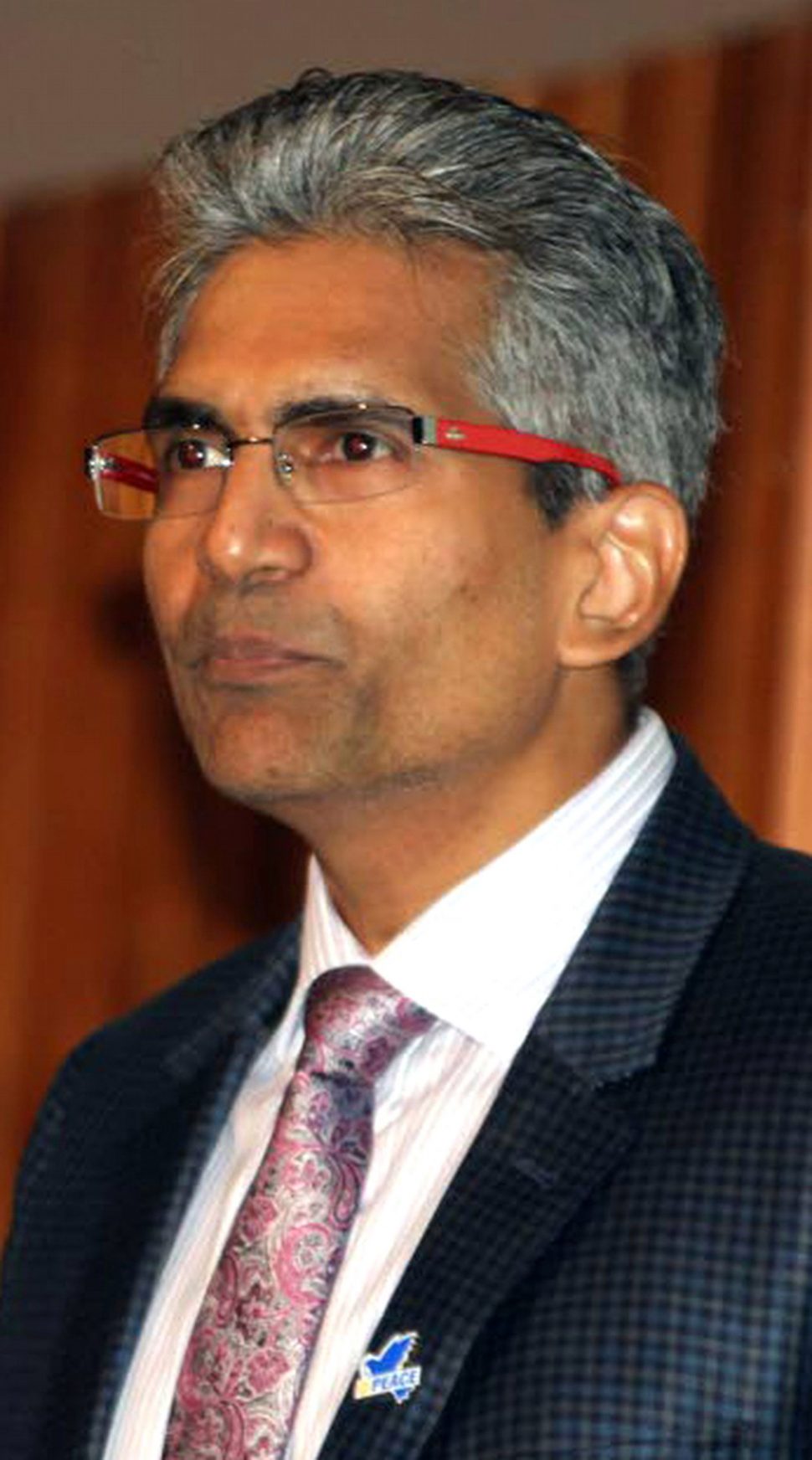(Trinidad Guardian) High Court Judge Vasheist Kokaram has granted a limited suspension of his judgment on the unconstitutionality of a law, which gives prospective lawyers from T&T a shortcut into the local legal profession not afforded to Caricom citizens.
Delivering a written decision at the Hall of Justice in Port-of-Spain, yesterday afternoon, Kokaram granted the suspension to allow Parliament time to begin the process of giving effect to his judgment by amending the offending provision under Legal Profession Act or for an appeal the substantive decision.
Kokaram’s decision to grant the limited suspension until October 4, does not open the door for students, who are qualified under the provision, to be admitted to practice as
attorneys during the next call to the bar in late October or early November.
Kokaram stated that the Registrar of the Supreme Court should accept the student’s applications but warned that they should not process until the uncertainty over the issue is resolved by either Parliament or the Court of Appeal.
Kokaram’s decision to grant the suspension sought by the Office of the Attorney General and the Law Association was also dependent on the former providing a written undertaking over the government’s commitment to amending the legislation and the formation of a stakeholder committee to consider the current quantitative and qualitative demands on admission to the practise of law.
Provided that the Parliamentary route is taken over the appeal method, Kokaram stated that the AG’s Office would be entitled to apply for an extension of the suspension before it expires.
In his 24-page decision, Kokaram questioned the government’s delay in deciding whether to adopt his recommendations over amending the law or appeal his decision.
“Not one small step…not even one inch taken by the defendant to set about restoring the constitutionality to any alternative pathway to accommodate the persons who have been affected by the order, nor to even consider it as a viable option,” he said.
He claimed that there should be no delay in rectifying the issue.
“Out of respect for the rule of law, governments must ensure that unconstitutional legislation is not maintained for any longer than is necessary and give significant legislative priority to amending or replacing laws that have been declared unconstitutional,” Kokaram said.
Kokaram also suggested that he believed that there would have been more immediate action from the government.
“Anxiety should spur them into immediate action. Concern for prospective applicants to be admitted to the bar should be the driving force to translate the dreary feet of any bureaucratic monolith into quicksilver,” Kokaram said.
In the controversial lawsuit, Dianne Jhamilly Hadeed, A Grenada-born St Lucian national, who resides in Trinidad, challenged Section 15 (1A) of the Legal Profession Act. The segment of the legislation gives T&T citizens who do not obtain a post-graduate Legal Education Certificate (LEC) from the Hugh Wooding Law School an avenue to be admitted to practice law.
Citizens, who obtain post-graduate qualifications in the United Kingdom or another Commonwealth jurisdiction and are admitted to practice in those countries, qualify under the section after completing a short six-month course at the law school instead of the competitive two-year LEC programme, which has limited spaces but is open to all Caricom nationals.
While Kokaram upheld Hadeed’s case, he ruled that she was not entitled to compensation for the breach as she claimed.
In his judgment, Kokaram acknowledged that there were legitimate concerns which the legislation sought to address including limited spaces at the law school and the need to develop this country’s legal fraternity.
However, he suggested that they were not justifiable as he questioned why there was a distinction between T&T citizens and Caricom nationals.
Kokaram also noted that the Government admitted that the legislation offended Caricom treaties which T&T is a party but claimed that it was done to help build a cadre of lawyers in T&T.





